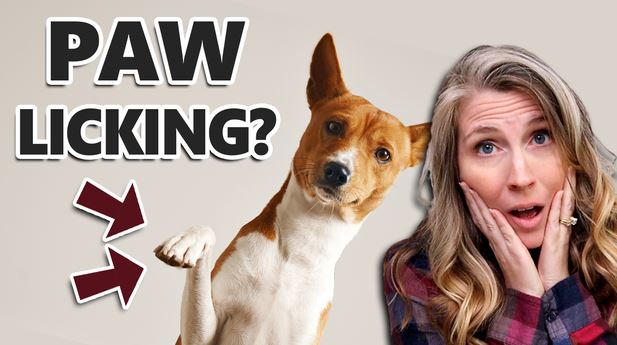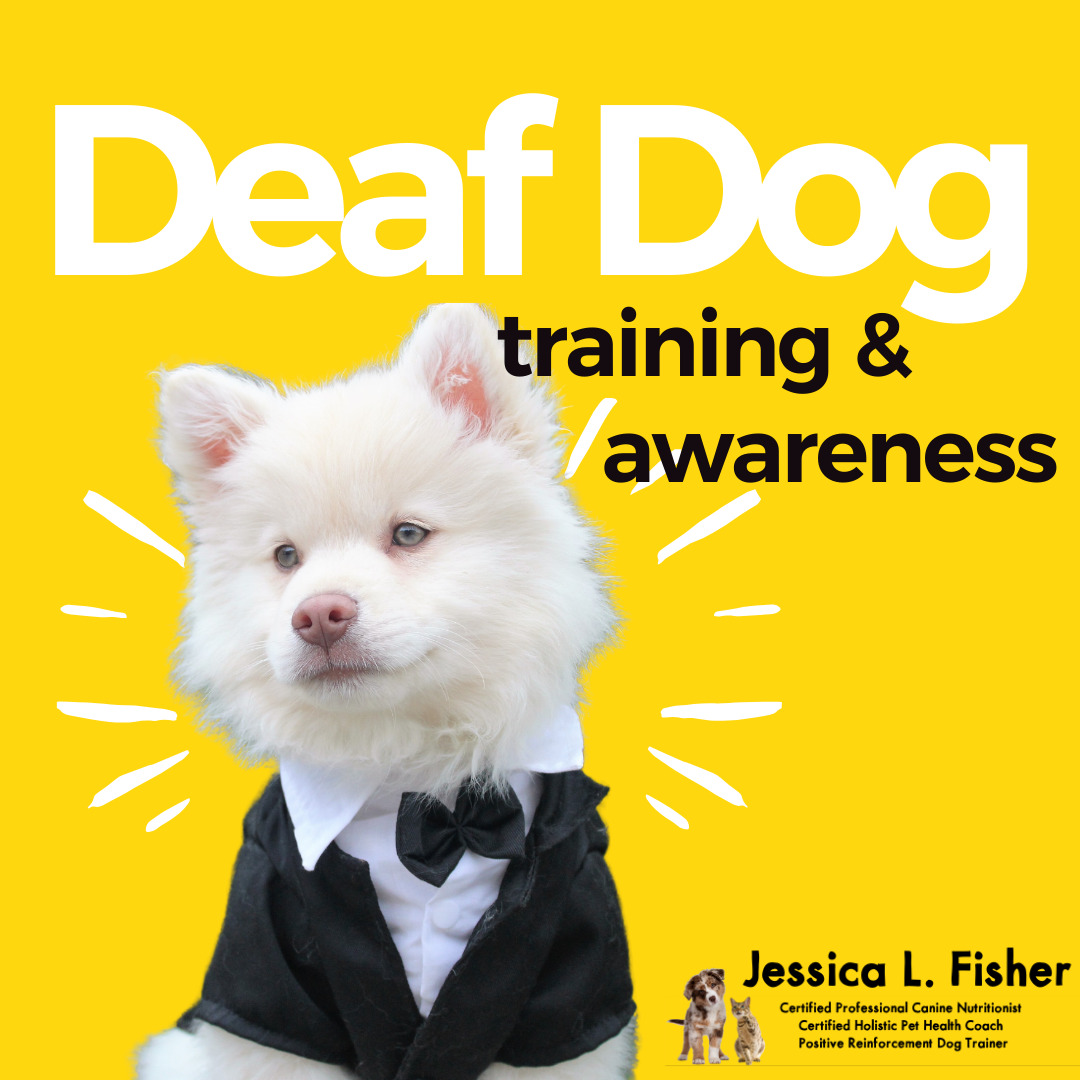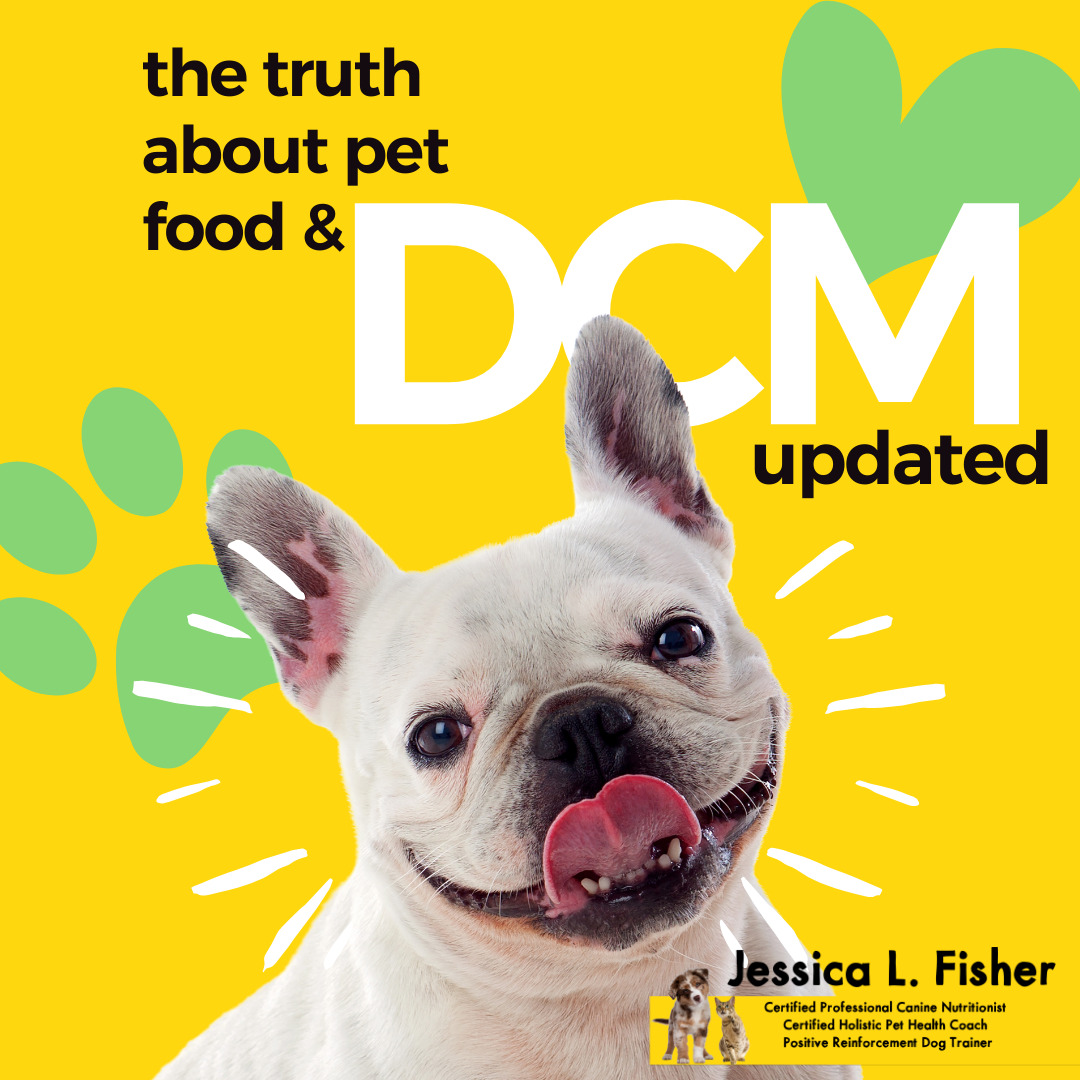It’s allergy season and we aren’t the only ones who suffer from seasonal allergies… our pets do too! For our dogs, one sign is paw licking, but there is a point where “normal” turns to “excessive” and this is what we really need to be on the lookout for.
Helping Your Dog With Seasonal Allergies
Of course, we can help our dogs with seasonal allergies, and we should. They are super annoying after all!
– Take your dog on walks in the early morning and later in the evening, when pollen counts are at their lowest
– Clean your dogs’ paws after a walk and don’t walk on hot pavement
– Keep your house clean (using non-toxic cleaners!) and vacuumed regularly
– Consider increasing your dog’s bathing schedule
– Consider adding raw local honey to your dog’s bowl … and better yet, local bee pollen!
Just a note about cats… It is completely normal for your cats to lick their paws as it is part of their grooming process. Your cats can suffer from allergies, though, and you do want to keep an eye on their paw pads. If your cats’ paw pads become red, inflamed, or irritated, it’s time for an intervention.
I can’t leave this little tid bit out either … sometimes our dogs will lick and bite and chew out of boredom, so make sure you are providing plenty of mental and physical enrichment to your dogs!
What If It’s Not Just Seasonal Allergies?
If your dog is licking and/or scratching excessively, you may have more than just seasonal allergies to be concerned about. Also, if the licking has just started and escalated quickly, or if you’re noticing this behavior year-round, it could be a food intolerance.
Food Intolerance
Food intolerances are often caused by poor quality ingredients used in the food they are eating. Consuming poor quality ingredients over time can produce an intolerance, sometimes called a “food allergy” that causes your dog to itch and generally be uncomfortable.
If your dog does develop a food intolerance, skin irritation and itchiness can be mild symptoms. Some dogs will have hives, skin rashes, eye discharge, loss of fur, chronic ear infections, swelling, and GI issues. You will always want to consult with your veterinarian for these symptoms, preferably a holistic or homeopathic vet.
If you suspect, or your veterinarian has told you, that your dog has food allergies or food sensitivities, you will most likely want to proceed with an elimination diet. There are food allergy tests out there, but I have not used any and can’t recommend any.
According to the Perfectly Rawsome website, many food allergy tests produce false positives. The page linked also goes through the process of an elimination diet, as well as setting up expectations, including cost, time, and sourcing.
Over-Vaccination
Over-vaccination is also known to cause allergies in dogs. I’ve been immersing myself in Dr. Will Falconer’s Vital Animal podcast lately and he talks about this all the time. Generally, when you get a vaccine for your dog at the vet’s office, if there are no adverse effects within the first 48 hours, they call it a day …. but the reality is that many dogs will develop some serious allergies within about a month of specifically the rabies vaccine. It’s happening more and more as we are not using science, we aren’t using the data to inform proper vaccination. Instead, we have a one-size-fits-all schedule of drugs to give to every dog and cat, young and old, big and small.
Yeast
Yeast infections can also cause excessive licking in our dogs. Yeast infections, especially if they are recurring in your dog, can be a sign of an imbalance in the gut. Instead of pushing more drugs on our dogs, we can do better by providing fresh foods, whether you choose to balance every meal or balance over time.
Pain
Paw licking can also be a sign of pain, according to Dr. Becker, even if the pain is not occurring in the paws but in another area of the body. “Trauma (i.e., fracture), post-surgical discomfort, a foreign body, insect bite, arthritis, nail bed infection, nerve damage or cancer can all trigger pain and related excessive licking.”
Help Along The Way
Whether you are dealing with food sensitivities, seasonal allergies, or some other medical condition that is being treated, you will want to help soothe your pup’s paws. My best recommendation is to use coconut oil topically on their paw pads. You can also feed coconut oil (in moderation, of course) and sardines (canned in water no salt added) for extra Omega-3 fatty acid.
Regardless of what reason your dog may be suffering, it’s a good idea to seek the help of a trusted veterinarian, even if you are only going to seek a diagnosis and do your own research before beginning a treatment plan.
If you take nothing else away from this, know that you don’t just want to treat the symptoms, you want to treat the underlying cause of the symptoms. When we try to make symptoms “go away” we are removing the best insight we have into what is really going on inside our dog’s body.
Treat the cause, not the symptom.




